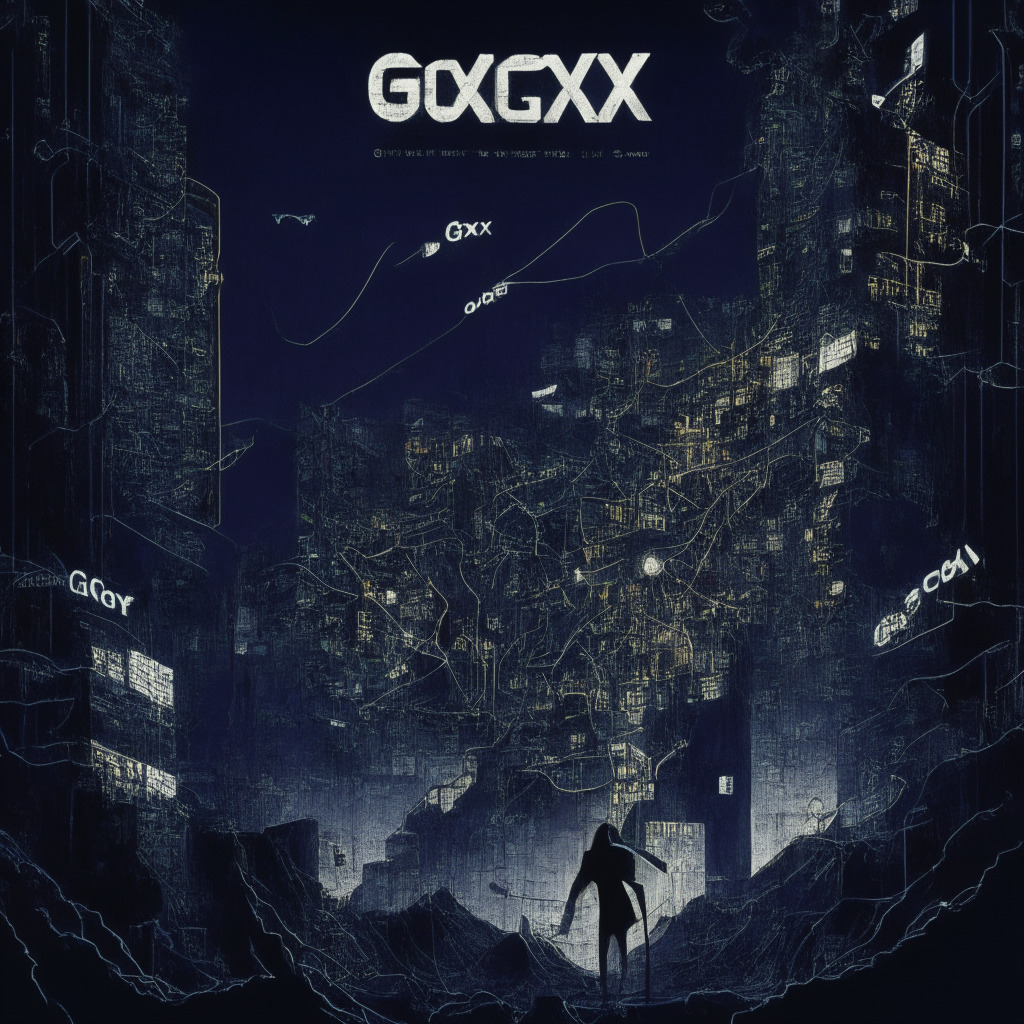The libertarian candidate, Javier Milei, who openly endorses the abolition of central banks and often praises Bitcoin, made substantial political progress by winning the preliminary presidential election in Argentina. Despite pre-election opinion polls not placing Milei higher than third, a significant 30.5% of votes found their way to him, notably outperforming his primary competitors.
Argentinian voters seem to be venting frustration on the prevalent political systems through the ballot box. The incumbent economic hardship, including startling 116% inflation and an enduring cost-of-living crunch pushing 40% of citizens into poverty, likely contributed to Milei’s surprise results.
Mauricio Macri, ex-conservative president, weighed in, confessing that Milei’s steady political climb indicates vast discontentment with mainstream politics.
Although Milei’s enthusiasm for Bitcoin and cryptocurrencies like Ethereum earned him a substantial following among protest voters, he does not advocate for adopting Bitcoin as an official currency—unlike El Salvador. Instead, he argues for a currency-agnostic approach to mitigate Argentina’s soaring inflation rates, proposing a switchover to dollarization.
Nonetheless, Milei’s involvement in the cryptocurrency sphere is not devoid of controversies. Infamously, he faced legal allegations for promoting a purported Ponzi scheme called Coinx in Argentina, which is suspected to have made away with over $800,000 worth of Argentine pesos. The platform purportedly used its vast social media presence to lure traders into anticipating significant returns via Coinx’s AI-supported automated trades.
Even as several investors voiced dissatisfaction, Argentina’s regulatory authority ordered Coinx to cease operations. Milei, however, reaffirmed his innocence, equating the company’s actions with regular banking.
It’s worth mentioning that the Argentinian cryptocurrency landscape, ranked 13th globally according to Chainalysis, seems undeterred by the Central Bank’s attempts to stifle crypto activities by prohibiting digital wallets.
The Milei saga might instigate more discussions concerning cryptocurrency regulation and decentralization. If he manages to retain his momentum in the general election in October, we could expect considerable shifts in Argentina’s crypto adoption and policy-making narrative. However, the shadows cast by allegations tied to Coini could affect his credibility, showing that even advocates for decentralization need to be wary of the possible intrigue in the wild west of cryptocurrencies.
Source: Cryptonews




